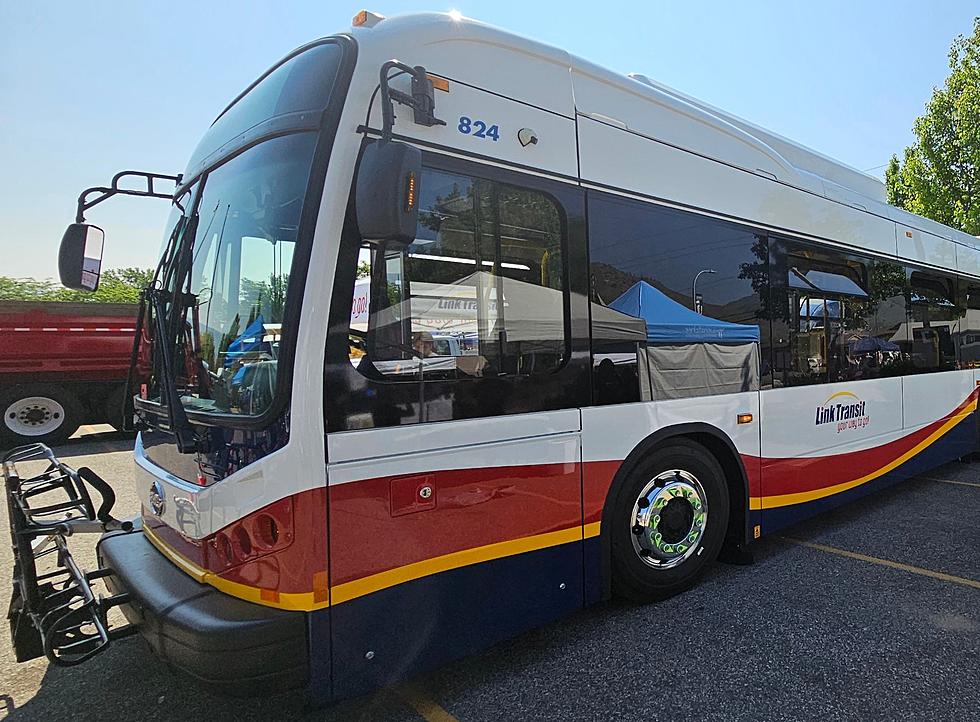
Wenatchee School Board Finalizes Move to Voting Districts
The Wenatchee School Board is replacing its at-large voting system with individual districts that each represent a different geographic area.
The school board voted unanimously this week to make the change, which will ensure that one of the districts has a majority Hispanic population.
The vote came after discussion of moving to a ranked-choice voting system, which superintendent Paul Gordon says is not legally possible in Chelan County.
"Form my perspective, from the (city) attorney's perspective, and most importantly, from the county auditors perspective, ranked choice voting is not an option in Chelan County," said Gordon. "And from many different perspectives, they don't believe ranked choice voting is an option in the state of Washington."
Board Member Katherine Thomas thinks ranked voting would present too many problems.
"It would be an entirely different system for people to vote on," said Thomas. "What they're used to and what they would see on their ballots, this would be something entirely different, so people would be very confused."
All five Wenatchee School Board positions will be up for election in 2023 under the new arrangement.
The ballot will have four individual districts and one at-large position.
And the new voting system will bring changes to the school board's makeup.
As the districts are now drawn up, three board members are living in the same district, which will push at least one member out, if that member can't win the district or the at-large position.
Members Maria Iñiguez, Laura Jaecks and Katherine Thomas all live in the 2nd District.
The other two members would seem to have a more clear path to reelection, as they reside alone in their districts. Member Julie Norton lives in District 1, and school board president Martin Barron resides in District 3.
The School Board decided to scrap its current at-large voting system earlier this year after finding it may violate the Washington Voting Rights Act. The act passed in 2018 required school districts to craft new plans within eight months of receiving 2020 census data.
The board also spent roughly $10,000 in an effort to get public comment on its proposed move to voting districts, before taking a final vote this week.
More From NewsRadio 560 KPQ









